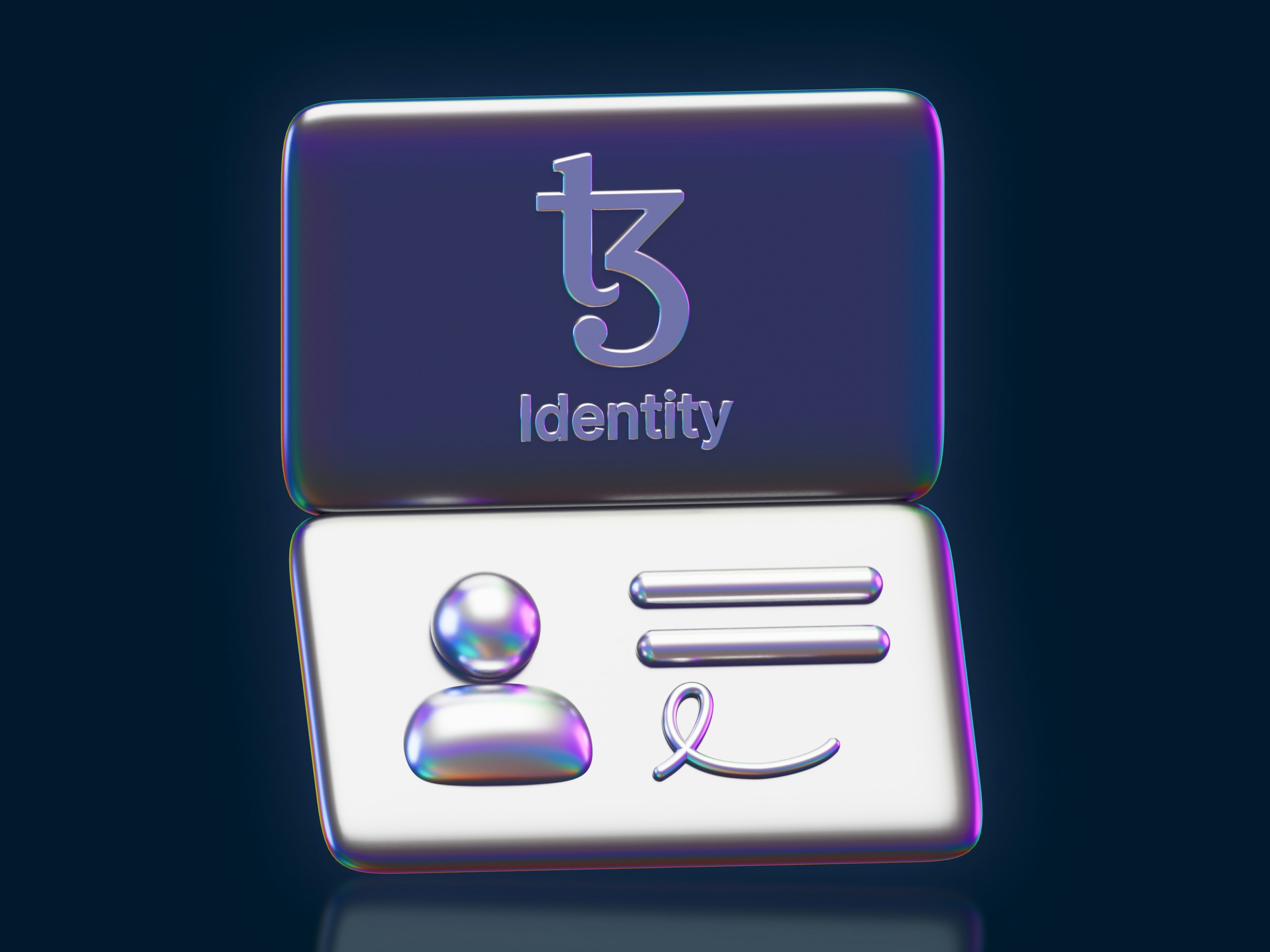Understanding the Importance of DIN
- A Director Identification Number (DIN) is a vital requirement for anyone aspiring to become a director in an Indian company, be it private, public, or an LLP.
- The DIN, issued under the Companies Act, ensures that an individual’s details are recorded by the Ministry of Corporate Affairs (MCA).
- This helps in maintaining transparency and accountability in corporate governance.
Who Needs a DIN?
- Any individual looking to take up the position of a director in any registered company must obtain a DIN.
- This applies equally to Indian citizens and foreigners, though the documentation requirements may vary slightly.
- A DIN is deemed mandatory and serves as a unique identification number for directors across various companies.
Steps to Apply for DIN
The application process for obtaining a DIN can take two primary routes:
- Method 1: Apply During Company Incorporation
- If you are registering a new company, you can apply for a DIN while submitting the SPICE form on the MCA portal.
- You’ll need to provide director details, along with identity and address proofs. Remember, you may apply for a maximum of three DINs using this method.
- Option 2: Apply Using DIR-3 Form
- For those already involved with existing companies, you’ll first need to acquire a Digital Signature Certificate (DSC) and register on the MCA portal as a business user.
- Navigate to ‘MCA Services > DIN Services > Apply for DIN (DIR-3)’, complete the form including personal details and supporting identity proofs.
- Submit the self-attested documents verified by a CA, CS, or CMA, and pay the application fee of approximately Rs. 500.
- After submission, monitor the status of your DIN application.
- You will receive an allotment letter or a rejection note via email and through the MCA portal.
It’s essential to note that once obtained, a DIN is valid for a lifetime; any changes in personal details require the filing of DIR-6, while annual DIR-3 KYC filing is mandatory.


